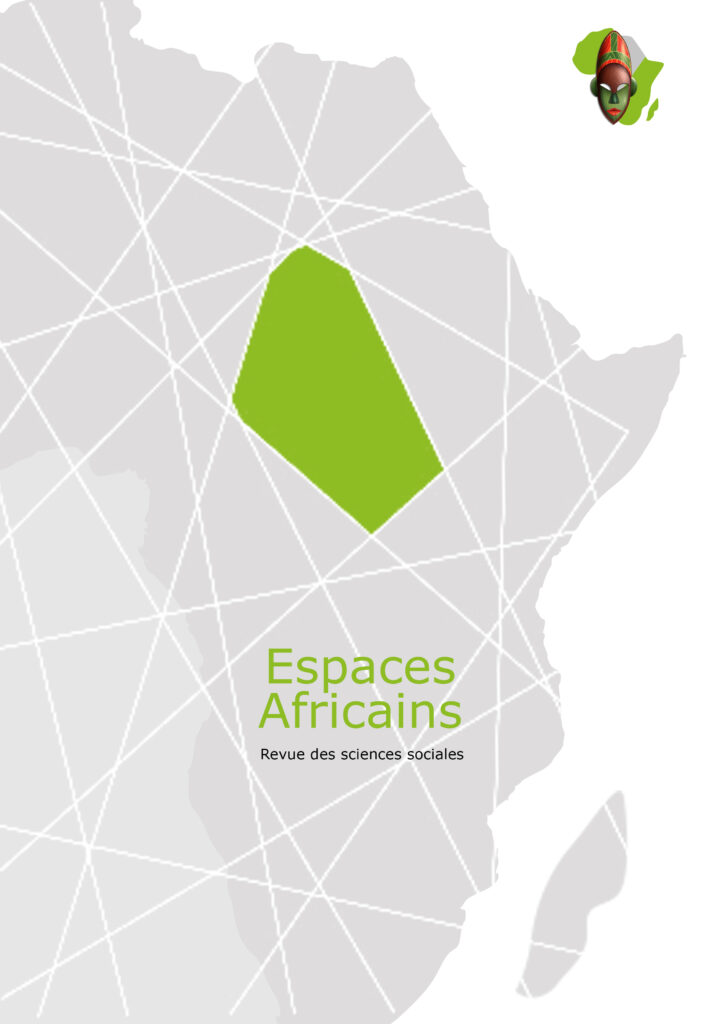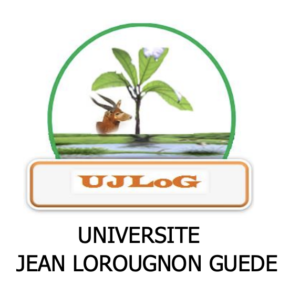Revue Espaces Africains - Groupe de recherche pluridisciplinaire et international « Populations, Sociétés & Territoires » (PoSTer)
Enjeux environnementaux et socioéconomiques de l’exploitation du gaz sur le littoral nord sénégalais
Résumé
Le développement des activités pétrolières et gazières est devenu aujourd’hui une menace réelle pour l’environnement marin et côtier qui subit déjà, depuis plusieurs décennies, des agressions majeures telles que : l’érosion côtière, l’ouverture de la brèche au niveau de la Langue de barbarie. Cette étude s’intéresse particulièrement à l’exploitation des gisements gaziers au large de Saint-Louis. L’objectif de cet article, est d’analyser les enjeux environnementaux et socioéconomiques de l’exploitation des hydrocarbures (gaz essentiellement) du projet GTA à Saint-Louis du Sénégal. L’étude s’appuie sur une méthodologie basée sur l’analyse documentaire et les enquêtes de terrain. L’analyse documentaire a permis de faire une synthèse des connaissances sur la thématique de l’étude au Sénégal. L’enquête a consisté à interroger 100 personnes dans la zone de Saint-Louis. Le choix a été fait sur la base d’un échantillonnage par quotas. Il ressort des résultats que les auteurs perçoivent une perturbation de l’environnement marin et côtier, mais aussi une diminution des rendements des secteurs notamment la pêche. Les enjeux majeurs sont relatifs à l’altération des écosystèmes marins et côtiers et la perte de la biodiversité marine. Ils concernent également les conflits d’usage de l’espace et des ressources halieutiques, car la population vit essentiellement de la pêche artisanale. Par conséquent, les répercussions socio-économiques sont perceptibles par la population en termes de pertes économiques (réduction des revenus) et de changement de conditions de vie. Il est déterminant de prendre en considération les risques liés à l’exploitation des hydrocarbures sur le littoral nord sénégalais afin de pouvoir les gérer de manière adéquate.
Abstract
The development of oil and gas activities has now become a threat to the marine and coastal environment, which has already suffered major attacks for several decades. This study is particularly interested in the exploitation of gas deposits off Saint-Louis. The objective of this article is to analyze the environmental and socio-economic issues of the exploitation of hydrocarbons (mainly gas) of the GTA project in Saint-Louis in Senegal. The study is based on a methodology based on documentary analysis and field surveys. The documentary analysis made it possible to synthesize knowledge on the theme of the study in Senegal. The survey consisted of interviewing 100 people in the Saint-Louis area. The targets are mainly actors from the fisheries, tourism and agriculture sectors. The results show that the authors perceive a disturbance of the marine and coastal environment, but also a reduction in the yields of the sectors, in particular fishing. The major issues relate to the alteration of marine and coastal ecosystems and the loss of marine biodiversity. They also concern conflicts over the use of space and fishery resources, because the population lives mainly from artisanal fishing. Consequently, the socio-economic repercussions are sufficiently perceptible by the population in terms of economic losses (reduction of income) and change in living conditions. It is essential to take into account the risks associated with the exploitation of hydrocarbons on the northern Senegalese coast in order to be able to manage them adequately.


